Šešelj: Zvezdan Jovanović was true pro
Vojislav Šešelj denies that Zvezdan Jovanović looted Muslim houses in Bosanski Šamac in 1992 or that he assassinated Zoran Đinđić in 2003.
Thursday, 04.12.2008.
14:59

Vojislav Seselj denies that Zvezdan Jovanovic looted Muslim houses in Bosanski Samac in 1992 or that he assassinated Zoran Djindjic in 2003. “The whole of Serbia knows that Zvezdan Jovanovic was not a thief, but a model professional… Did he kill Djindjic? Personally, I don’t think so. The trial was held in suspicious circumstances, and many things were piled up,” he said, while cross-examining prosecution witness Sulejman Tihic. Seselj: Zvezdan Jovanovic was true pro However, Tihic was adamant that Jovanovic had been a thief and that he had smuggled cars stolen from Muslims in Bosanski Samac in 1992 into Serbia with counterfeit papers. According to the witness, Jovanovic had also taken part in the looting of the Samac factory, something that even local Serbs had objected to. Seselj claimed that in mid-April 1992 the Yugoslav People’s Army (JNA) had “legally imprisoned” Tihic as an “insurgent” who had possessed weaponry. Confirming that he had “borrowed an automatic rifle and pistol,” but that he had not carried them on his person, the witness, then the Party of Democratic Action (SDA) local leader, responded that “it wasn’t legal for the JNA to occupy the local assembly and police station, and imprison all non-Serb officials.” “The JNA couldn’t change the government, especially as no-one had even attacked them,” said Tihic, now the SDA’s leader. Not contesting the witness’s testimony that he had suffered severe mistreatment from Serb paramilitary and JNA members while imprisoned in Bosnia and Serbia between April and August 1992, Seselj said that the man responsible for that was then head of the JNA’s security section, Aleksandar Vasiljevic. The witness replied that there “was more than one culprit.” He also confirmed the claims in his statement, read out to him by Seselj, that Muslims in Bosanski Samac had received arms through channels in neighboring Croatia, noting that this was “nothing” compared to the weaponry the JNA had distributed to the Serb population. Crimes against non-Serbs in that town were omitted from the indictment against Seselj at the Trial Chamber’s decision shortly prior to the trial’s opening, though prosecutors were permitted to present proof as an illustration of the “behavior” of SRS volunteers on the ground. Reacting to the prosecution’s plans to extend the time for questioning Tihic, the defendant said he would oppose the measure, stating that both Tihic and the previous witness, Fadil Banjanovic, had been “brought for no reason.” “They were useful to me, but they contributed nothing to the case,” said Seselj. The Serb Radical Party leader is accused of war crimes against Croats and Muslims in Croatia, Vojvodina and Bosnia-Hercegovina between 1991-93.
Šešelj: Zvezdan Jovanović was true pro
However, Tihić was adamant that Jovanović had been a thief and that he had smuggled cars stolen from Muslims in Bosanski Šamac in 1992 into Serbia with counterfeit papers.According to the witness, Jovanović had also taken part in the looting of the Šamac factory, something that even local Serbs had objected to.
Šešelj claimed that in mid-April 1992 the Yugoslav People’s Army (JNA) had “legally imprisoned” Tihić as an “insurgent” who had possessed weaponry.
Confirming that he had “borrowed an automatic rifle and pistol,” but that he had not carried them on his person, the witness, then the Party of Democratic Action (SDA) local leader, responded that “it wasn’t legal for the JNA to occupy the local assembly and police station, and imprison all non-Serb officials.”
“The JNA couldn’t change the government, especially as no-one had even attacked them,” said Tihić, now the SDA’s leader.
Not contesting the witness’s testimony that he had suffered severe mistreatment from Serb paramilitary and JNA members while imprisoned in Bosnia and Serbia between April and August 1992, Šešelj said that the man responsible for that was then head of the JNA’s security section, Aleksandar Vasiljević.
The witness replied that there “was more than one culprit.”
He also confirmed the claims in his statement, read out to him by Šešelj, that Muslims in Bosanski Šamac had received arms through channels in neighboring Croatia, noting that this was “nothing” compared to the weaponry the JNA had distributed to the Serb population.
Crimes against non-Serbs in that town were omitted from the indictment against Šešelj at the Trial Chamber’s decision shortly prior to the trial’s opening, though prosecutors were permitted to present proof as an illustration of the “behavior” of SRS volunteers on the ground.
Reacting to the prosecution’s plans to extend the time for questioning Tihić, the defendant said he would oppose the measure, stating that both Tihić and the previous witness, Fadil Banjanović, had been “brought for no reason.”
“They were useful to me, but they contributed nothing to the case,” said Šešelj.
The Serb Radical Party leader is accused of war crimes against Croats and Muslims in Croatia, Vojvodina and Bosnia-Hercegovina between 1991-93.










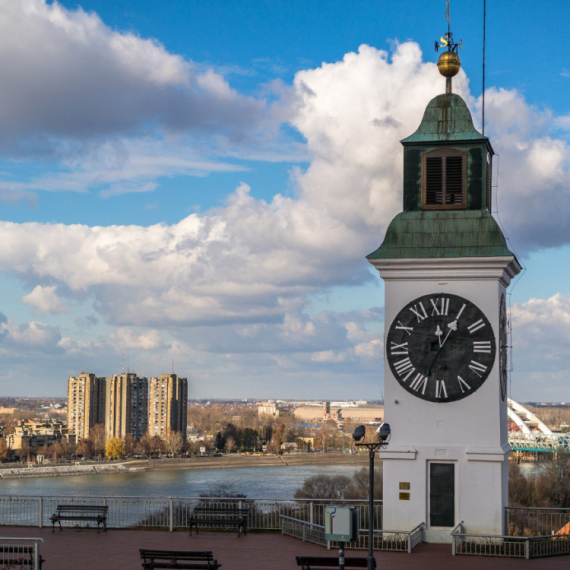

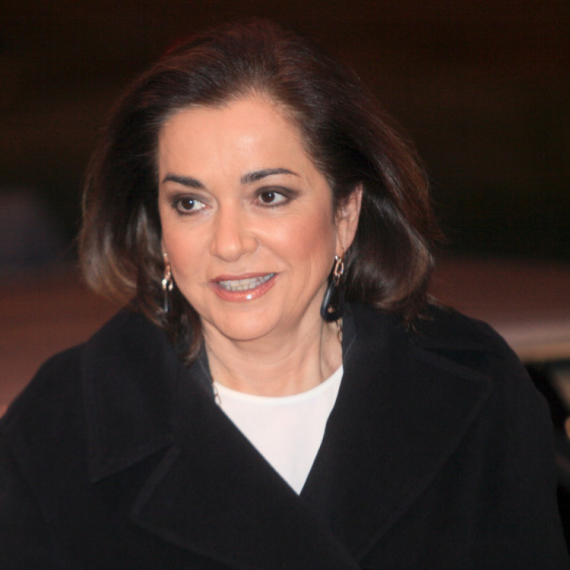
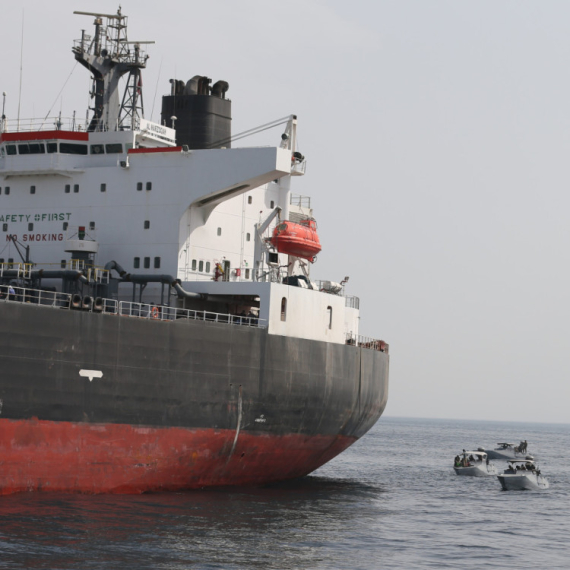
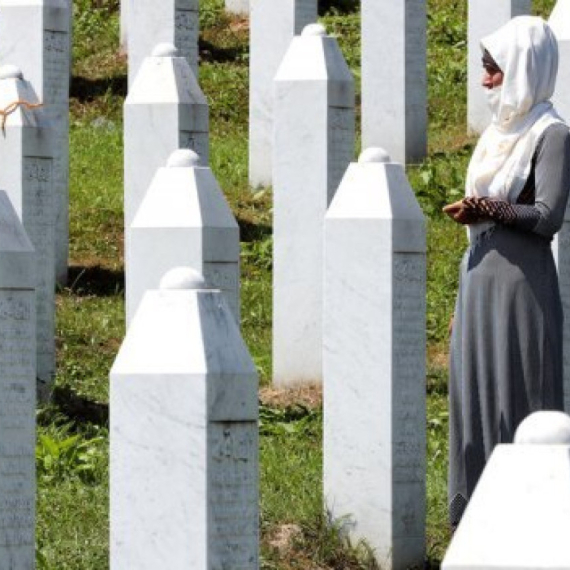
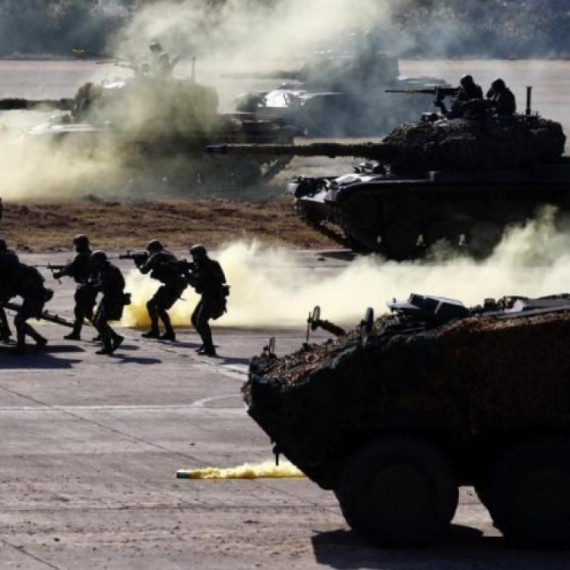
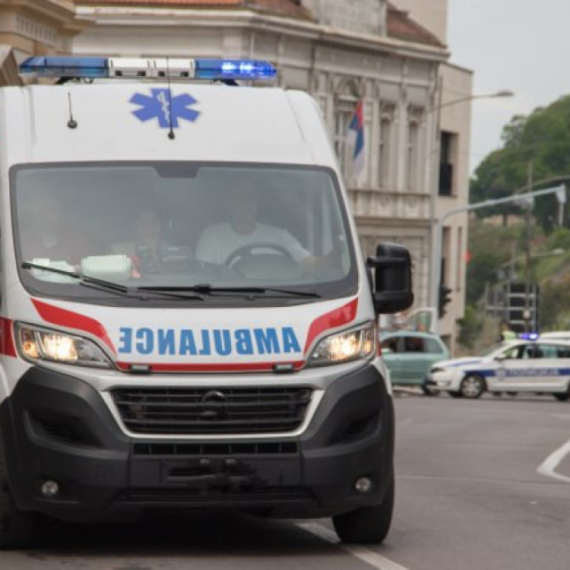
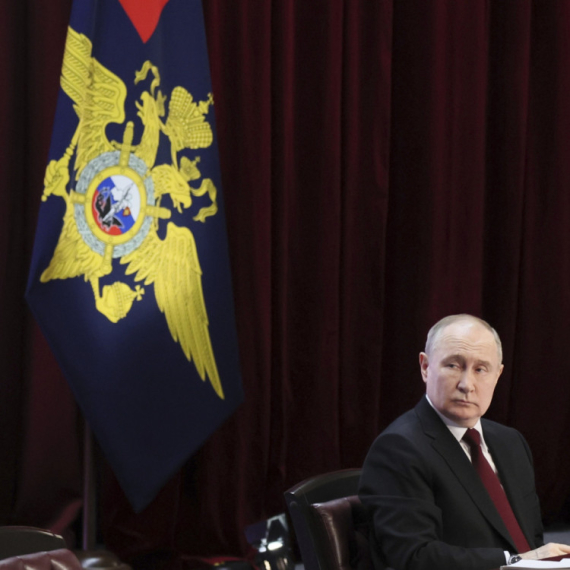




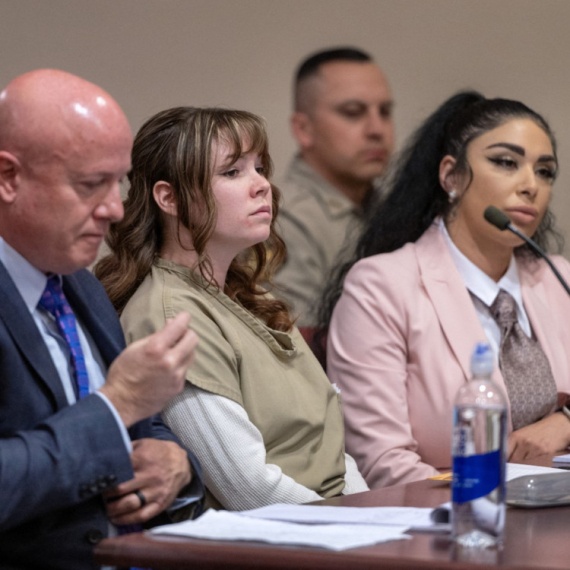








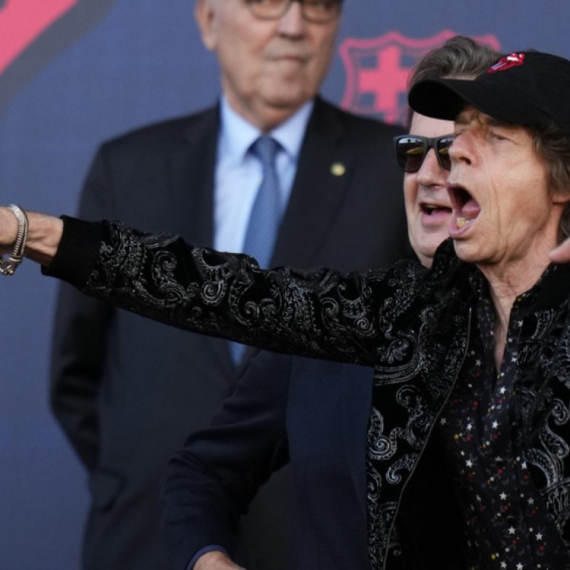
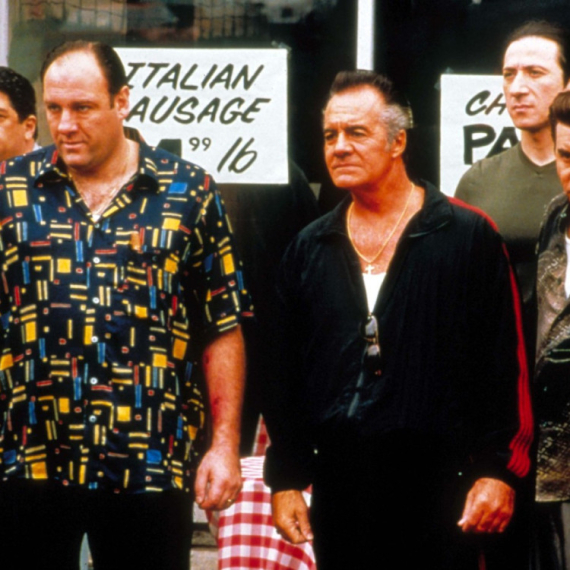






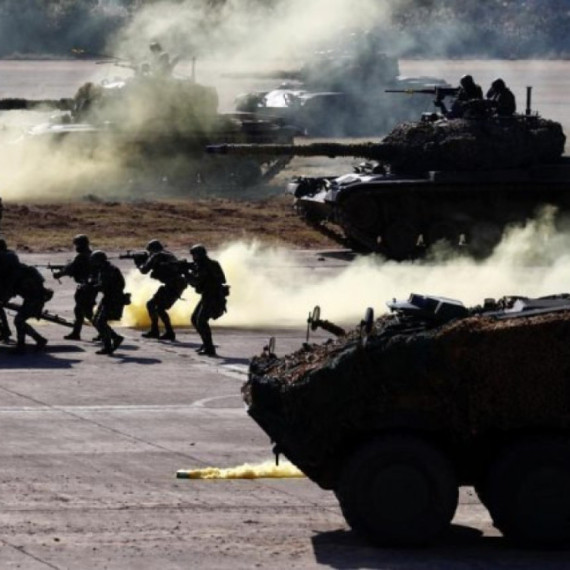
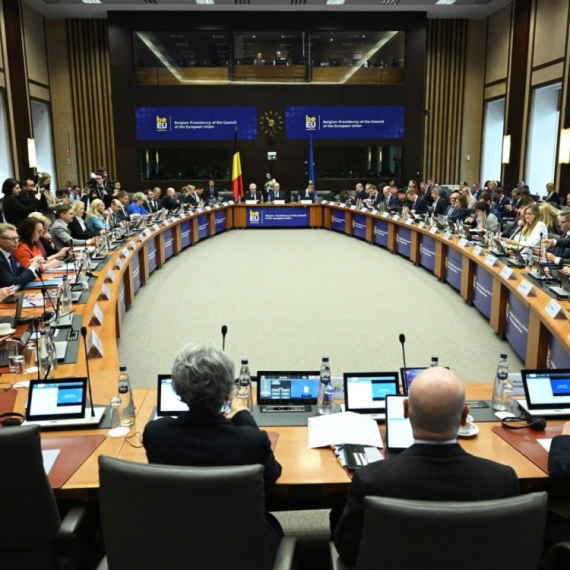
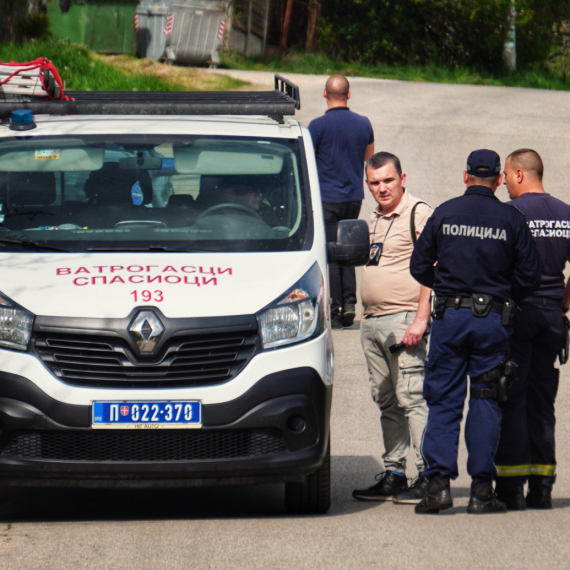
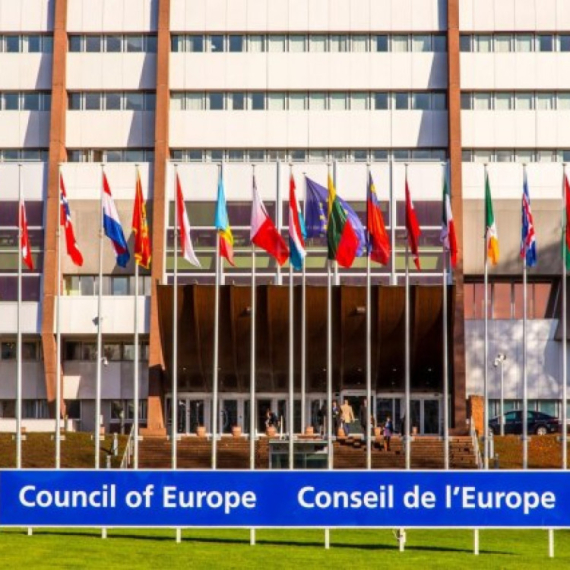






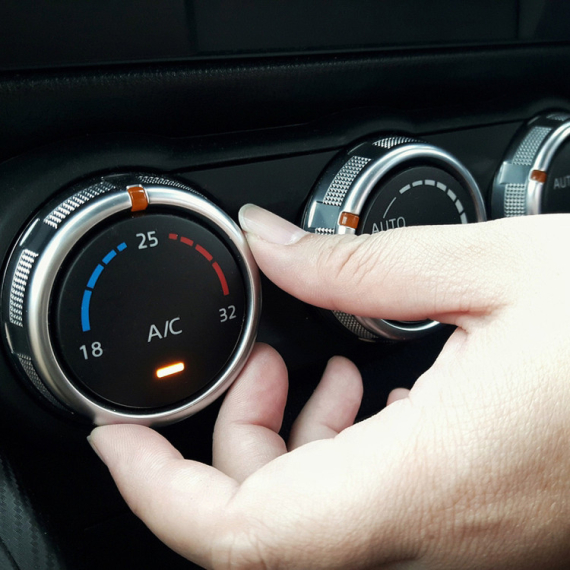




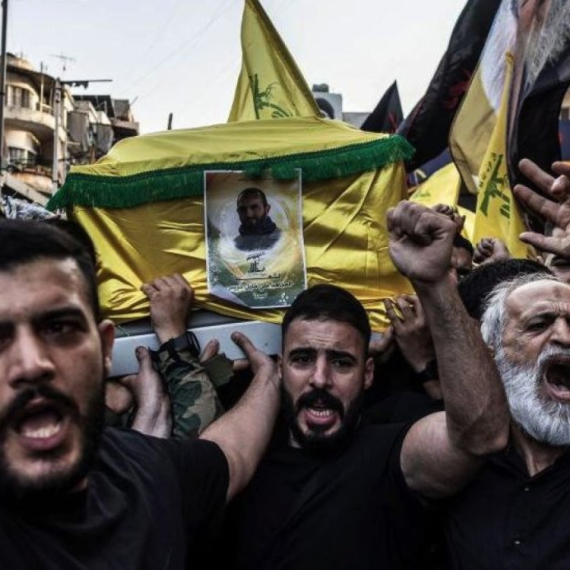

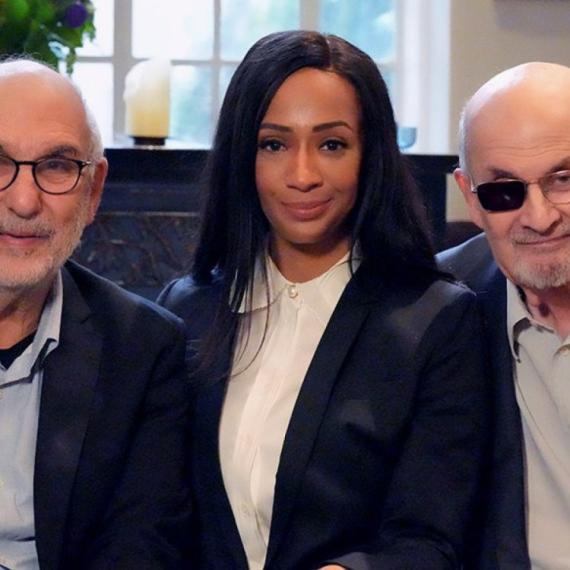
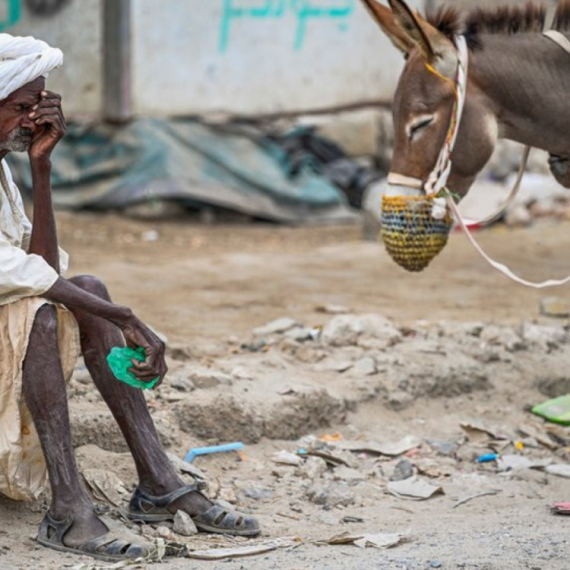

Komentari 0